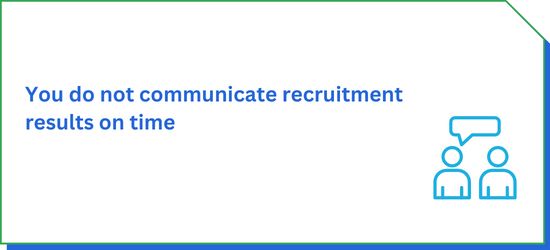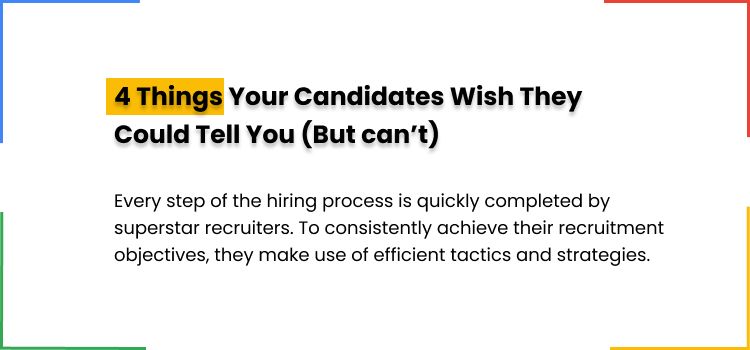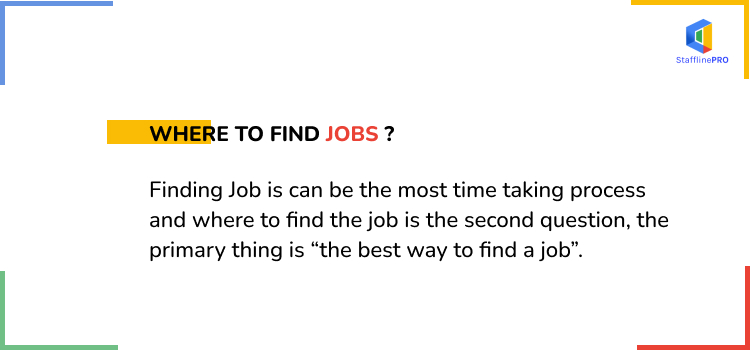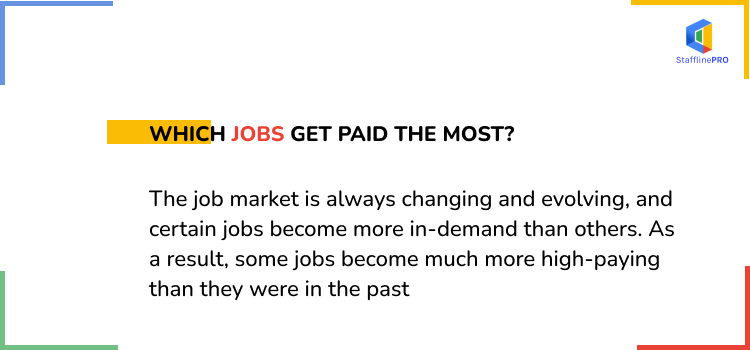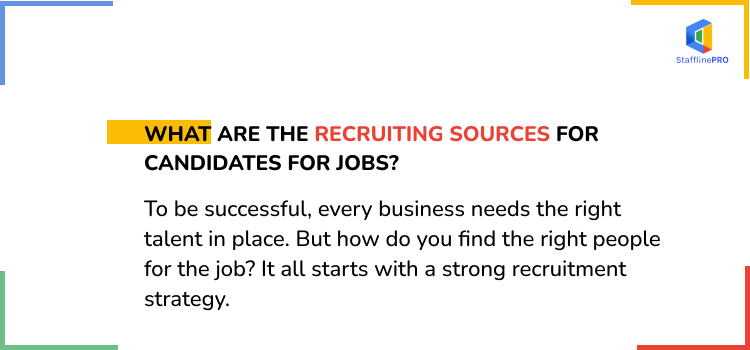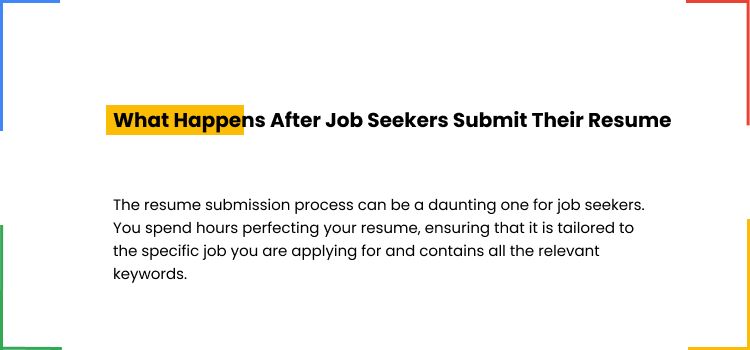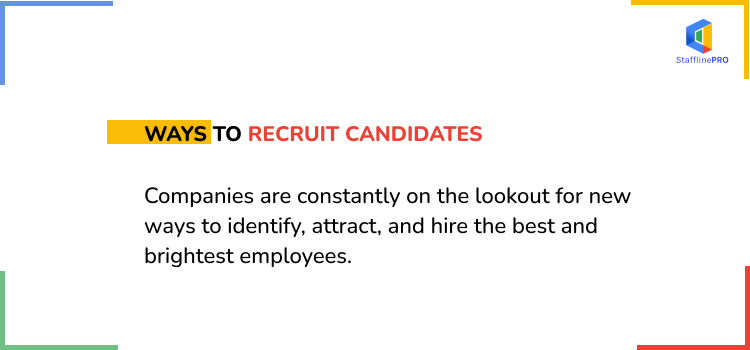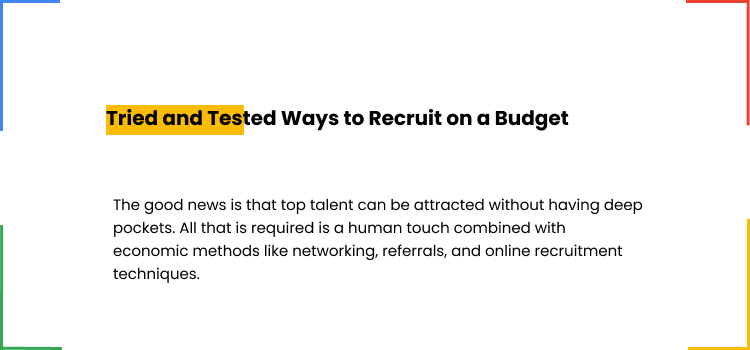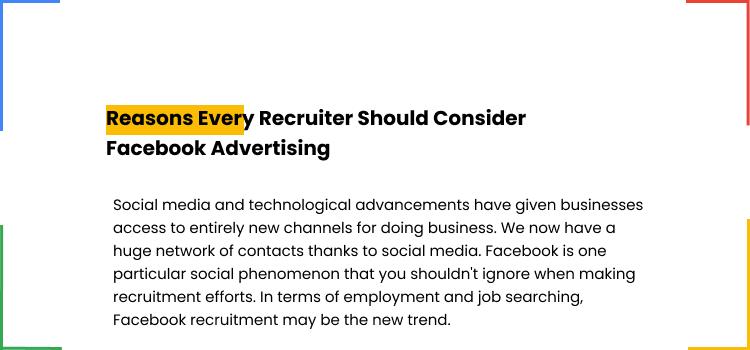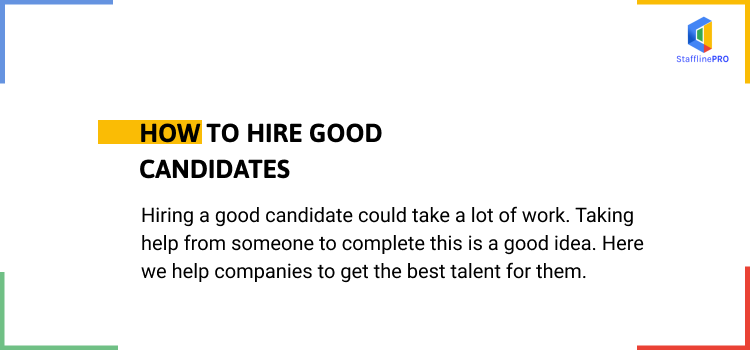1.You should improve your communication.
Many candidates lament the impersonal and generic emails they receive from recruiters. Given that they receive dozens of messages from recruiters just like you every day, it’s not a very compelling way to get them to respond to you.
Additionally, it irritates me when employers send out generic job postings to prospective employees that have absolutely nothing to do with anything they have done or will do in the future. They anticipate that at the very least you will research the sector they currently work in and send them pertinent job postings. Otherwise, your upcoming email campaign will be delivered to spam.

2.You are too aggressive.
Candidates are aware that you need to fill a position quickly, but that does not give you the right to harass them with calls, emails, and texts nonstop.
People may not only refuse to work with you but also warn their coworkers not to work with you if you keep pestering them with unsolicited messages, emails, and texts. Candidates are aware that an open market is waiting for them and that your role is to guide them through it rather than drag them there against their will.
Limit the number of calls and text messages you send. A person will get in touch with you if they are interested in your job. There’s no need to push people away with your constant nagging.

3.You have no idea about what your potential applicants do.
Candidates expect that when you reach out to them and extend an offer of employment, you have done some research on their line of work. After all, your goal is to recruit them to your organization.
If you didn’t bother to look at the applicant’s online profile or resume, they would know because you would be aware that their experience and your job description are only marginally related.
Offering positions that are either too junior or too senior for the candidates will only waste their time. Make an extra effort to learn about their current position in the workforce.

4.You don’t communicate recruitment results on time.
People anticipate you to let them know if their application was successful or not when they respond to a job ad you posted. Most recruiters don’t bother to let the applicants know they weren’t selected and instead ignore those who didn’t make the long list.
It is only polite to inform these applicants of the outcomes in some way, even a general message will do. If not, they might be hoping and praying for a job that they are unlikely to ultimately get.
Additionally, if someone took the time to respond to your job ad, it would be professional to acknowledge it by updating the applicant’s status.
Candidates and recruiters have a mutually beneficial relationship in which neither could exist without the other. Recruiters need to keep in mind that they are just as disposable as the candidates they interact with. Since human resources are currently the most valuable resource on the job market, it only makes sense to treat them well.
